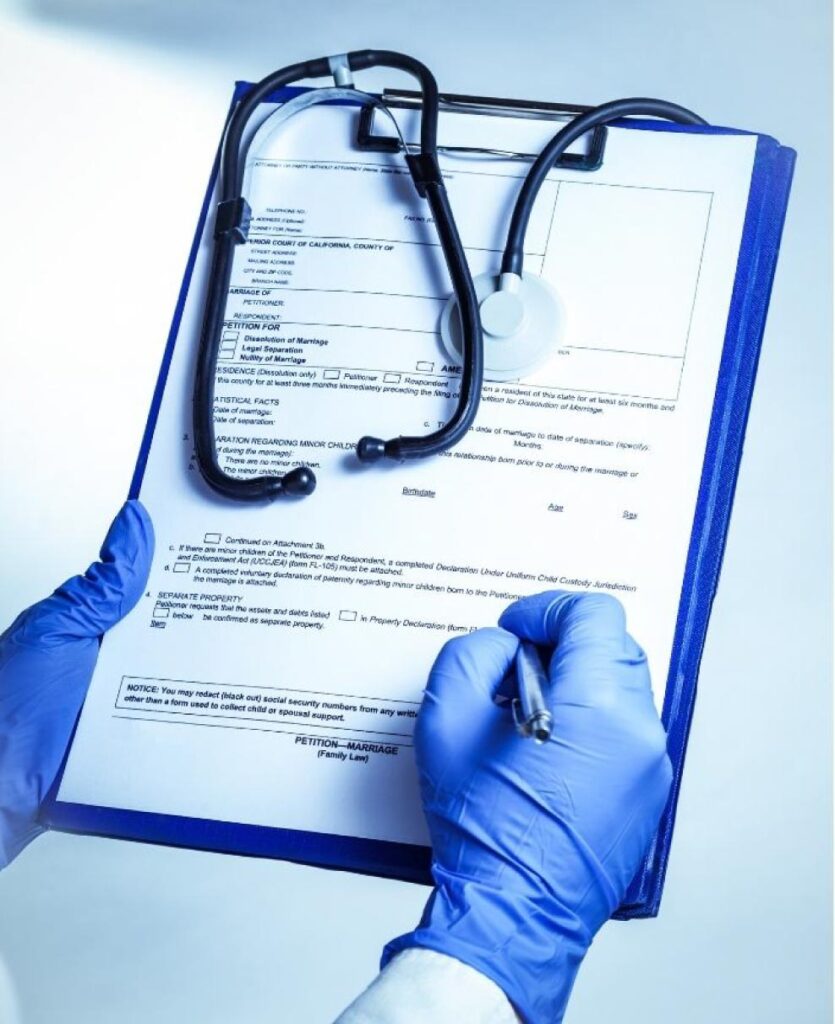Manage Your Health With Origene Genetic Screening Test


Overview
Genetic screening uses genomics technologies to detect known markers for genetic variations in your DNA. These genetic markers are associated with a higher risk of developing diseases or disorders such as cardiovascular diseases¹, metabolic disorders, cancers and even developmental disorders.
Beyond diseases, genetic screening is also able to identify traits that may affect your health, wellness and fitness. These include traits that are associated with metabolism of nutrients, anti-ageing, cellular detoxification, antioxidative capacity, as well as diet and weight management.
In addition, genetic markers may also indicate your risks for adverse reactions towards certain types of medications.
Discover your genetic risks for diseases early
Genetic screening can detect possible risks for many genetic diseases before symptoms appear. Based on the detailed results, you can plan with your doctor on ways to help minimise the occurrence of a disease or disorder by using available prevention, monitoring, and treatment options.




Better manage your wellness and fitness
Genetic screening can allow an individual to work closely with a wellness practitioner to develop suitable health management and wellness management programs, which often include personalised diet and exercise plans, specific nutritional supplements and other interventions to suit your individual genetic profile.
Know how your DNA affects your reaction towards medications
Through genetic screening, your doctor can better understand how your body may react towards certain drugs and medications². Variations in an individual’s DNA may affect how well a certain type of medication works in their bodies. The information from your report may help your doctor to adjust the type and dosage of medication that suits your genetic profile.


Q&A
What is the difference between a normal blood test and genetic screening?
A normal blood test detects changes in your body when a disease is already present. Genetic screening detects risks for a disease even before the onset of that particular disease. It is best to take both types of tests together to get a more complete picture of your health risks.
Is genetic screening safe?
Genetic screening is absolutely safe. Samples are collected using a buccal swab, which involves rubbing a swab against the inner side of the cheek. Alternatively, saliva can also be collected using a saliva sample kit. Otherwise, a blood sample can be used for the screening.
Do I have to repeat the test?
Each type of genetic screening test only has to be taken once in your lifetime.
How soon can I get my results?
Depending on the type of test(s) requested, genetic screening and analysis in the laboratory generally takes between 15 to 20 working days, from sample collection to receipt of results.
How accurate is genetic screening?
All tests are accurate for known genetic markers. Complex diseases may require comprehensive tests that utilise a wider range of markers, or DNA sequencing. Your doctor can advise on the necessity for such tests. It is still important to validate the results from genetic screening with medical tests.

